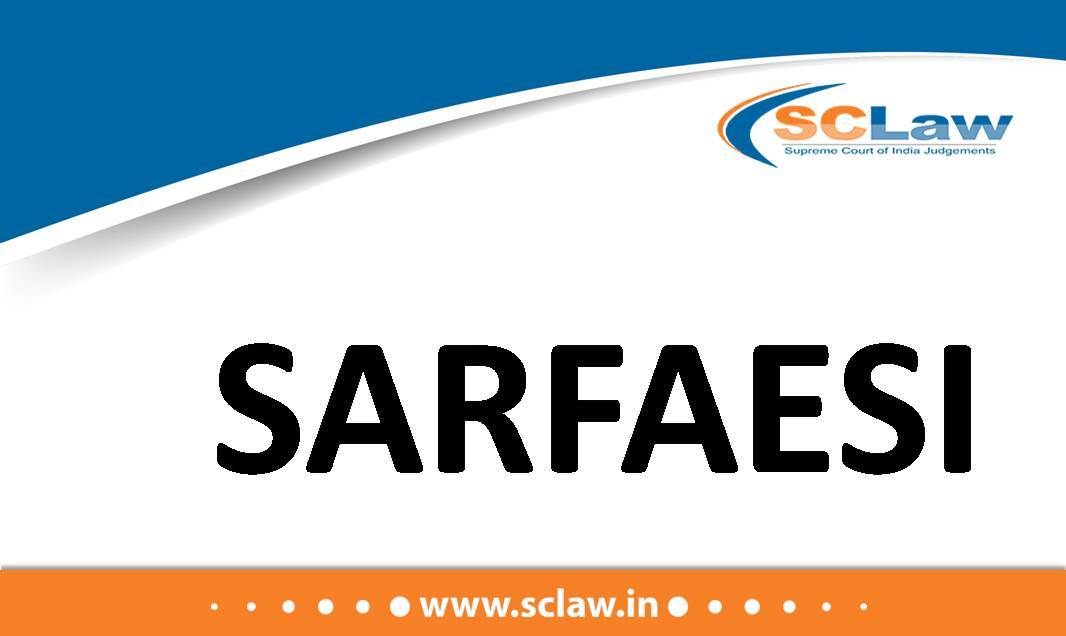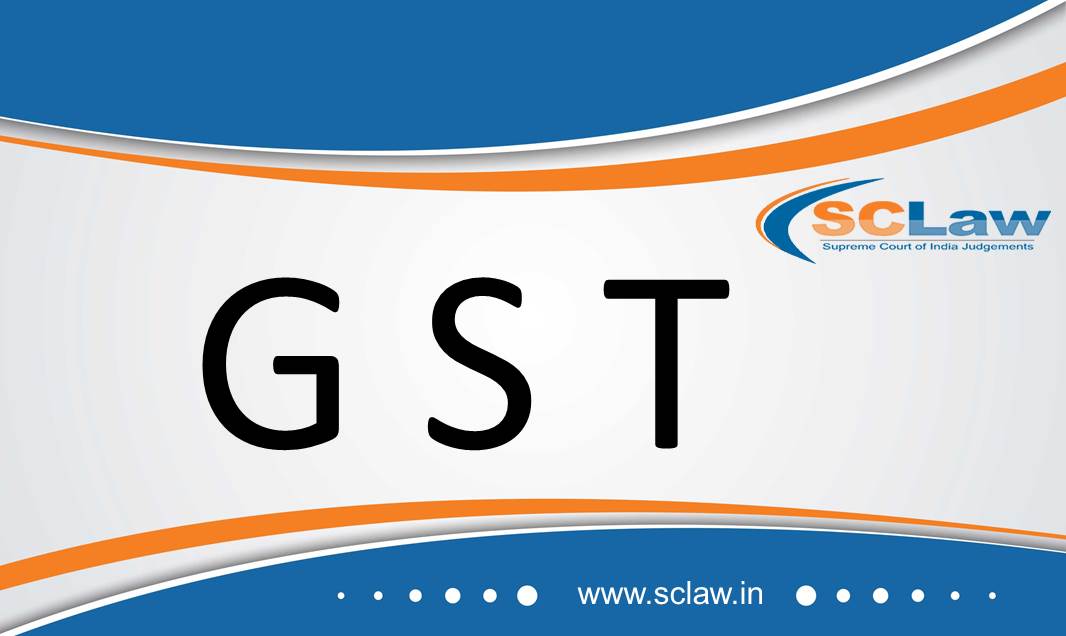Criminal Procedure Code, 1973 (CrPC) — Section 482 — Inherent powers of High Court to quash FIR — Prevention of Corruption Act, 1988 — Allegations against former Minister (Chairman of Regularisation Committee) regarding illegal land allotments to non-eligible persons — Principles for quashing FIR reiterated, including where institution and continuance of proceedings amount to abuse of process of court or securing ends of justice, or where proceedings are manifestly attended with mala fide (Bhajanlal guidelines) — High Court should follow steps outlined in Rajiv Thapar vs. Madan Lal Kapoor to determine veracity of quashing prayer. (Paras 12, 12, I-III)
2025 INSC 1441 SUPREME COURT OF INDIA DIVISION BENCH R. ASHOKA Vs. STATE OF KARNATAKA AND OTHERS ( Before : Sanjay Karol and Vipul M. Pancholi, JJ. ) Criminal Appeal…
Penal Code, 1860 (IPC) — Section 302 read with Section 34 — Murder — Appeal against acquittal — Powers of Appellate Court — Reversal of acquittal — Principles — The guilt of the accused must be established beyond reasonable doubt (must or should, not may be) — Once an accused is acquitted, the presumption of innocence is reinforced — Interference by the appellate court must be minimal and guided by “substantial and compelling reasons” — Reversal should not occur merely because another view is possible — If two reasonable or plausible conclusions are possible on the evidence, the one favouring the acquittal must not be disturbed by the Appellate Court. (Paras 9, 9.2, 9.3, 9.4, 9.5)
2025 INSC 1442 SUPREME COURT OF INDIA DIVISION BENCH RAJ PAL SINGH Vs. RAJVEER AND OTHERS ( Before : K. Vinod Chandran and N.V. Anjaria, JJ. ) Criminal Appeal No(S).…
Penal Code, 1860 (IPC) — Section 376(2)(d) — Rape — Appreciation of Evidence — Conviction solely based on First Information Report (FIR) or previous statements of hostile witnesses — Admissibility and reliability — Victim (PW-1) and her husband (PW-2) turned hostile and did not support the prosecution case during trial — Court should be slow to act on the testimony of hostile witness and normally look for corroboration — Both Trial Court and High Court erred in placing reliance on the FIR and recording conviction by virtually converting the case into one of circumstantial evidence, especially when the main direct evidence witnesses (victim and husband) were declared hostile. (Paras 6, 9, 10, 11, 18, 19)
2025 INSC 1443 SUPREME COURT OF INDIA DIVISION BENCH JAYANTIBHAI CHATURBHAI PATEL Vs. STATE OF GUJARAT ( Before : Sanjay Karol and Vipul M. Pancholi, JJ. ) Criminal Appeal No.…
Insurance Law — Fire Insurance Policy — Scope of Coverage — Proximate Cause — Repudiation of Claim — Loss occasioned by fire following an attempted theft/burglary — Policy covered ‘Fire’ as a specified peril with limited exclusions which did not include theft/burglary preceding the fire — Insurer denied claim arguing that the proximate cause was theft/burglary, which was excluded under the Riots Strike and Malicious Damages (RSMD) clause — Held: Once the loss is caused by fire (an insured peril), the cause igniting the fire is immaterial, particularly when no such exclusion (theft/burglary preceding fire) is contained within the ‘Fire’ peril’s exclusions or the general exclusions — A fire insurance contract indemnifies against loss by fire, and the cause of the fire is irrelevant unless it stems from a peril expressly excluded in the fire coverage — The exclusion under the RSMD clause cannot be imported to negate coverage under the distinct ‘Fire’ peril — Claim repudiation based on theft as the proximate cause was unjustified, and the NCDRC erred in upholding it. (Paras 20, 22, 23, 25, 28, 29)
2025 INSC 1444 SUPREME COURT OF INDIA DIVISION BENCH CEMENT CORPORATION OF INDIA Vs. ICICI LOMBARD GENERAL INSURANCE COMPANY LIMITED ( Before : J.K. Maheshwari and Vijay Bishnoi, JJ. )…
Bihar Reorganisation Act, 2000 — Section 34(4) — Transfer of proceedings and effect of orders — Section 34(4) provides that any order made by the High Court at Patna before the appointed day in certain proceedings, shall for all purposes have effect not only as an order of the High Court at Patna but also as an order made by the High Court of Jharkhand — This deeming provision ensures continuity of judicial authority and mandates that judgments (like Nagendra Sahani) rendered by the Patna High Court before the reorganization, concerning employees subsequently allocated to Jharkhand (Successor State), must be treated as binding precedent by the High Court of Jharkhand. (Paras 17, 19, 20, 21, 31)
2025 INSC 1445 SUPREME COURT OF INDIA DIVISION BENCH SANJAY KUMAR UPADHYAY Vs. STATE OF JHARKHAND AND OTHERS ( Before : J.K. Maheshwari and Vijay Bishnoi, JJ. ) Civil Appeal…
Securitisation and Reconstruction of Financial Assets and Enforcement of Security Interest Act, 2002 (SARFAESI Act, 2002) — Applicability in Nagaland — Constitutional Mandate — Article 371A of the Constitution of India — Special provision with respect to the State of Nagaland — Article 371A(1)(a)(iv) stipulates that no Act of Parliament concerning ownership and transfer of land and its resources shall apply to Nagaland unless the Legislative Assembly resolves so — SARFAESI Act, which envisages transfer of property by auction sale for realizing secured assets, relates to ‘ownership and transfer of land’ — Provisions of SARFAESI Act became applicable in Nagaland only from the date of the Governor’s notification (December 10, 2021) — Action initiated by the Appellant-Corporation under Section 13(2) of SARFAESI Act in 2011 was without jurisdiction as the Act was not applicable in Nagaland at that time. (Paras 15, 18, 19, 20, 21, 28)
2025 INSC 1446 SUPREME COURT OF INDIA DIVISION BENCH NORTH EASTERN DEVELOPMENT FINANCE CORPORATION LTD. (NEDFI) Vs. M/S L. DOULO BUILDERS AND SUPPLIERS CO. PVT. LTD. ( Before : Dipankar…
Motor Vehicles Act, 1988 — Section 166 — Claim Petition — Standard of Proof — In motor vehicle accident claims, the standard of proof is based on preponderance of probabilities, not proof beyond reasonable doubt — However, claimants must establish three elements: (i) occurrence of accident; (ii) involvement of the specific offending vehicle; and (iii) rash and negligent act of the driver — Mere occurrence of the accident alone is insufficient if the involvement of the vehicle and negligence are not established. (Paras 5, 7, 8, 16)
2025 INSC 1425 SUPREME COURT OF INDIA DIVISION BENCH SITHARA N.S. AND OTHERS Vs. SAI RAM GENERAL INSURANCE COMPANY LIMITED ( Before : Sanjay Karol and Prashant Kumar Mishra, JJ.…
Service Law — Compassionate Appointment — Nature of right — Appointment on compassionate bases is a concession, not a matter of right, and serves as an exception to the general rule of public employment under Articles 14 and 16 of the Constitution of India — Core objective is to enable the dependent family to tide over sudden financial crisis following the death of the employee, providing relief against destitution — It is not intended to provide a post much less a post held by the deceased or a higher post based on educational qualification. (Paras 3, 7, 7.1, 7.3, 11)
2025 INSC 1423 SUPREME COURT OF INDIA DIVISION BENCH THE DIRECTOR OF TOWN PANCHAYAT AND OTHERS Vs. M. JAYABAL AND ANOTHER ETC. ( Before : Rajesh Bindal and Manmohan, JJ.…
Goods and Services Tax (GST) — Exemption Notification — Notification No. 9/2017- Integrated Tax (Rate) dated 28.06.2017 — Entry 13 — Exemption on services by way of renting of residential dwelling for use as residence — Renting residential property as hostel to students/working professionals — Conditions for exemption: renting service, residential dwelling, and use as residence — The term “residential dwelling” is not defined under GST laws but refers to any residential accommodation for long-term stay, excluding commercial places, hotels, guesthouses for temporary stay — Property comprising 42 rooms rented out and sub-leased for use as hostel accommodation is considered a “residential dwelling” as its nature and use remain residential, not commercial accommodation like a hotel. (Paras 36, 46, 47, 50)
2025 INSC 1380 SUPREME COURT OF INDIA DIVISION BENCH THE STATE OF KARNATAKA AND ANOTHER Vs. TAGHAR VASUDEVA AMBRISH AND ANOTHER ( Before : J.B. Pardiwala and K.V. Viswanathan, JJ.…
Arbitration and Conciliation Act, 1996 — Section 31(7)(a) and (b) — Power of Arbitral Tribunal to grant interest — Party Autonomy — Pre-award (pendente lite) interest — Section 31(7)(a) mandates that the Arbitral Tribunal’s discretion to award interest on the sum awarded (from date cause of action arose till date of award) is subject to the agreement between the parties (“unless otherwise agreed by the parties”) — When parties specify a contractual rate of interest in the agreement, subject to no legal bar, this stipulation takes precedence over the Arbitrator’s discretion to deem a rate “reasonable” — Arbitral Tribunal is bound by the contractual terms regarding interest once agreed upon, and the borrower cannot later challenge the rate as unconscionable or against public policy, especially in commercial transactions between parties of equal bargaining power — Post-award interest is governed by Section 31(7)(b) (Paras 51, 53, 56, 64, 65, 70).
2025 INSC 1380 SUPREME COURT OF INDIA DIVISION BENCH BPL LIMITED Vs. MORGAN SECURITIES AND CREDITS PRIVATE LIMITED ( Before : J.B. Pardiwala and Sandeep Mehta, JJ. ) Civil Appeal…















